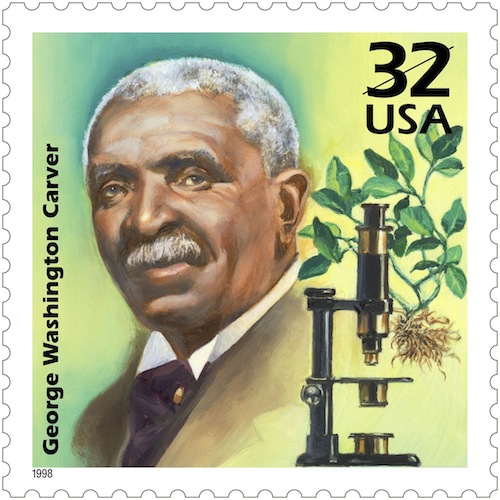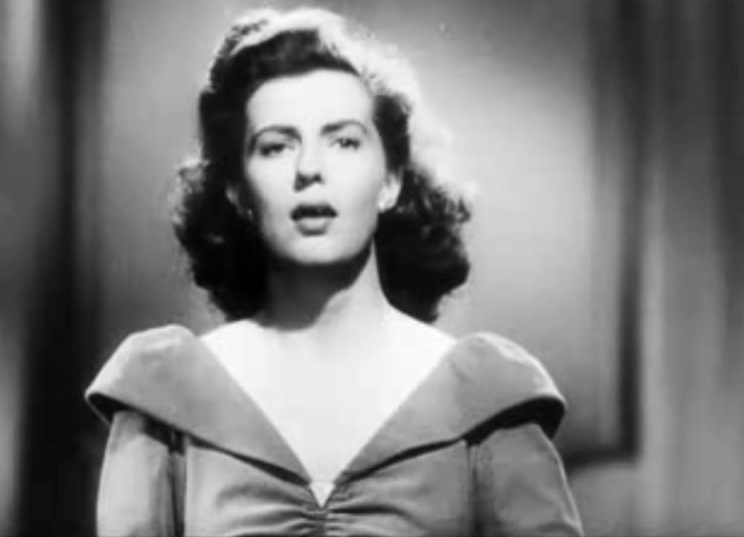
Author: John Marks
Van Morrison: “Moondance” Deluxe Edition

Van Morrison: Moondance Deluxe Edition
Recorded August to December 1969, released January 1970; remastered 2013.
HD Tracks download HX603497907663
8-CD/1 Blu-ray boxed set, Warner Bros. Records R2 53656
Van Morrison, vocals, guitar, rhythm guitar, tambourine, harmonica, producer; John Klingberg, bass; Gary Mallaber, drums, vibraphone; Guy Masson, conga; John Platania, guitar, rhythm guitar; Jef Labes, organ, piano, clavinet; Jack Schroer, alto and soprano saxophones; Collin Tilton, flute, tenor saxophone; Judy Clay, Emily Houston, Jackie Verdell, backing vocals (tracks 3 and 8).
Moondance was George Ivan “Van” Morrison’s third studio album. His previous ones having been the somewhat inscrutable Astral Weeks and the earlier, somewhat slapdash Blowin’ Your Mind. The latter was assembled without Morrison’s cooperation (or knowledge) from takes originally intended to be released as 45-rpm singles.
Blowin’ Your Mind was an effort to capitalize upon the success of Morrison’s Irish rock band “Them.” Them’s memorable one hit of wonder was “Gloria.” An indication of Them’s brief but major eminence was that when them had a residency at Los Angeles’ Whisky a Go Go in 1966, their opening act was: The Doors. (Sorry, I could not resist.)
Morrison Jim was hugely impressed by Morrison Van’s poetry and by his stage presence. On the last night of the gig, the two bands jammed on “Gloria.” Not shabby.
Schubert: Symphony in C; Harnoncourt, Berlin Philharmonic

Franz Schubert: Symphony in C major (D 944),
Nikolaus Harnoncourt, Berlin Philharmonic Orchestra
Recorded March 22-24, 2006; released 2015
HD Tracks download HD4260306189120
Gloriosky, what a magnificent performance!
Just download it, today. Every now and then, a new recording comes along that blows the dust off thrice-familiar music, while at the same time blowing the competition into the weeds. For interpretation, playing, and recorded sound, this download sets a new standard in Schubert’s “Great” C-major symphony.
But up front, please let me explain that, when I say, “blows the dust off” a masterwork, I do not mean a superficial jazzing-up, or any disrespect to tradition. What I refer to is the fruits of a scholarly and humble investigation into the best sources, leading to a needful correction of tradition, when tradition can be shown to be faulty.
(During the time this review was in preparation, news was received of Nikolaus Harnoncourt’s death, on March 5, at age 86. A life well lived; and one that will be long remembered. Requiescat in pace.)
Peter, Paul and Mary: “Early Morning Rain” (Lightfoot)
One must admit at the outset that the folk group Peter, Paul and Mary was, to a degree, a synthetic creation. Producer Albert Grossman discussed with Peter Yarrow his idea for “an updated version of The Weavers for the baby-boom generation… with the crossover appeal of the Kingston Trio.” [Ed: Yecch.]
Intrigued by a photograph, Yarrow approached Mary Travers. Travers in turn suggested her friend Noel Stookey, who was doing standup comedy when singing gigs were not to be had. Be that as it may, each of them was talented; and together, they made magic.
Among the songs they picked up was one by a Canadian former singing cowboy named Gordon Lightfoot, “Early Morning Rain.”
Blossom Dearie: Verve “Jazz Masters” 51

Blossom Dearie: Verve Jazz Masters 51
CD Verve 529 906-2
Blossom Dearie, piano, voice; Ray Brown, bass; Kenny Burrell, Herb Ellis, guitar; Jo Jones, drums; others. Recorded 1955–60; remastered 1996.
“Blossom Dearie” (full name Blossom Margrete Dearie) certainly sounds like a stage name. However, “Dearie” is an old Scottish name, also spelled “Deery” and “Deary.”
As for her given names, she was born in April, and one story is that the pear trees in the area around her home in rural New York were in blossom, and a neighbor brought blossoms to the Dearie home on the day of her birth… . I suspect “Margrete” was chosen by her mother, who either was Norwegian, or was of Norwegian ancestry.
That said, perhaps the stage-name thing (as well as her gamine cuteness, and her little-girl voice) made people underestimate Dearie’s musical intelligence.
Nathaniel Rosen Plays Tchaikovsky’s “Rococo Variations”
One of the most popular works for cello and orchestra is universally known as Tchaikovsky’s Rococo Variations (Op. 33, of 1877). But what that name makes up for in concision, it somewhat lacks in clarity, in that it is the theme that is Rococo, and not the variations… . The formal name is usually rendered in English as Variations on a Rococo Theme, but the BSO’s broadcast announcer here calls it the Variations on a Graceful Tune.
George Washington Carver’s List of Eight Cardinal Virtues

Dear Friends,
I intend to use my blog as a way of sharing my love of music and the other arts, and also sharing my love of audio engineering and of home hi-fi equipment. I am not going to turn my blog into a political platform.
That said, while doing other research, I ran across a List of Eight Cardinal Virtues composed by plant scientist George Washington Carver (c. 1860—5 January 1943). Here they are.
- Be clean both inside and out.
- Neither look up to the rich, nor down on the poor.
- Lose, if need be, without squealing.
- Win without bragging.
- Always be considerate of women, children, and older people.
- Be too brave to lie.
- Be too generous to cheat.
- Take your share of the world, and let others take theirs.
The relevance to today’s headlines should be painfully obvious.
# # #
Alan Feinberg, pianist: “Fugue State”

Alan Feinberg is one of those increasingly rare classical pianists who have managed to create an international career without the springboard of a well-publicized competition win. (No knock on competition winners who play like artists—see here. )
Alan Feinberg came to my attention some years back when he recorded a series of four CDs for Argo, one of which included a spellbinding performance of a Fauré “Après un Rêve” transcription by Percy Grainger. Feinberg’s approach was larger than life. Or, perhaps it was more that Grainger’s “transcription” left Fauré’s pensive little art song in the dust of a major construction project.
Julie London – “Fly Me To The Moon” (1964)
The backstory to Julie London’s career is a little ways down the page, under Time for Love. The above video is from a 1964 Japanese television special. It’s of particular interest because many live films and videos of Julie London have substandard audio, which feeds into the canard that she had a weak voice. Here she sounds enviably punchy.
Bart Howard’s song of 1954, originally titled “In Other Words,” was his response to the request of a song publisher that he write less complicated songs. Howard idolized Cole Porter, but, the 1950s were not the 1920s; simpler (and briefer) was better. Frank Sinatra included “Fly Me to the Moon” on his 1964 album It Might as Well Be Swing, accompanied by Count Basie, which definitely put the song over the top as a “standard.” All told, “Fly Me to the Moon” has been covered on approximately 300 recordings.
# # #
“Time for Love: The Best of Julie London”

Julie London: Time for Love: The Best of Julie London
CD Rhino R2 70737
Julie London, vocals; Barney Kessel, guitar; Ray Leatherwood, bass; others. Recorded 1955–67; remastered 1991.
The first installment in the “Vault-Treasure Tuesdays” feature was Clifford Brown With Strings, from 1956. The second was Frank Sinatra’s Where Are You?, from 1957. That’s one instrumental recording and one jazz-inflected male pop vocalist. So now, here’s a jazz-inflected female pop vocalist.
If you asked most people today to name the most popular female vocalist of 1955, 1956, or 1957, many would guess Ella Fitzgerald, Doris Day, Peggy Lee, Jo Stafford, or Rosemary Clooney. However, according to Billboard magazine, for all three years it was Julie London. Julie London’s singing career was so unlikely that it could have been a Hollywood movie script of the same era.
Respighi “Brazilian Impressions,” Liège Royal Philharmonic, John Neschling

Respighi Impressioni brasiliane, La Boutique fantasque
Liège Royal Philharmonic, John Neschling, conductor
BIS SACD 2050
I raved about this SACD/CD in my next-to-last column for Stereophile magazine. Having since then heard it played back on a variety of stereo systems, my continued exposure to it has only increased my respect.
I have not yet heard Andris Nelsons’ and the Boston Symphony’s Grammy-winning Shostakovich 10th symphony, which, perhaps, might be even better. But as of right now, the Liège Royal Philharmonic’s Respighi Brazilian Impressions on BIS is the best new orchestral recording (not only in terms of recording quality, but also in performance) I have heard in years. Even if you rarely listen to classical music, this recording is well worth acquiring as material that shows off what a great stereo system can sound like.


